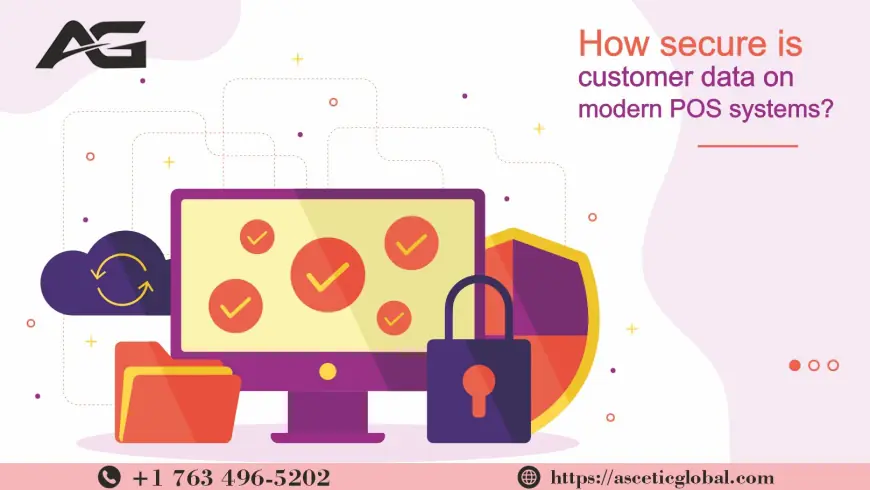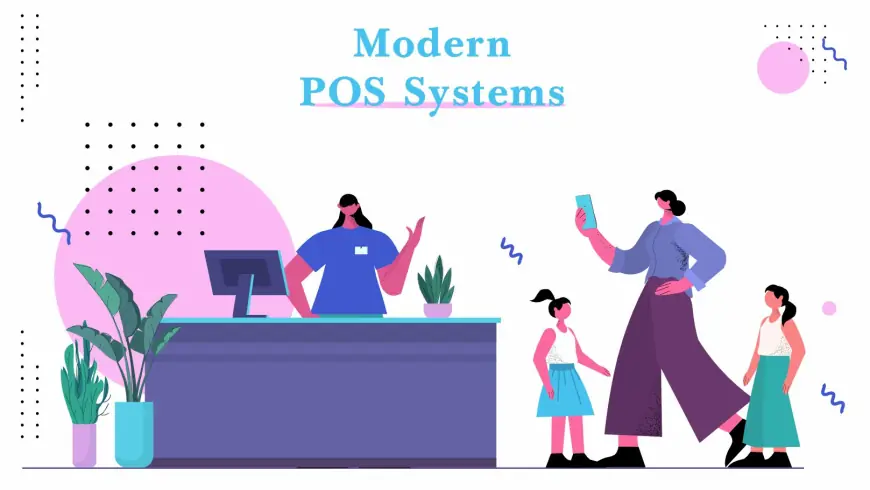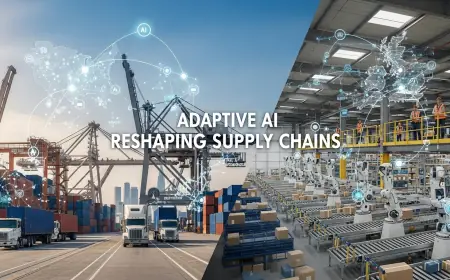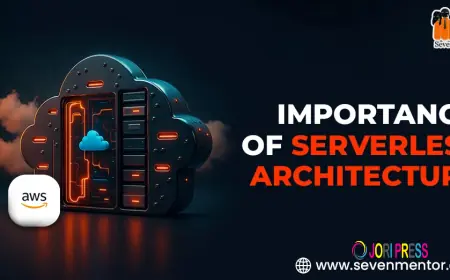How Secure Is Customer Data On Modern POS Systems?
Discover how secure customer data is on modern POS systems, key risks, and best practices to protect sensitive payment information.

In today's busy environment, swipes, taps and clicks are no longer the only way for customers to pay, but trust is also important. Customers hand over their cards, but they are actually handing over their personal and financial information. So the question is, how secure is customer data in new POS systems?
The short answer: New systems are much more secure than old cash registers. However, as with any technology, it's not that simple.
History of POS Security
In the early days, POS systems for small restaurants and retail stores were primarily concerned with sales tracking and receipt printing. Data was usually stored locally and could therefore be stolen in the event of a system theft or hacking.
Today’s POS platforms are more advanced. They use end-to-end encryption to ensure that payment information is passed between the card reader and the payment processor securely without any loss of information. In addition, tokenization encrypts the sensitive data on the card with a unique token that is not useful to hackers even if it is blocked.
Why Is Data Security More Important Than Ever?
All enterprises, whether they are crowded cafes, small shops or family-run restaurants, depend on customer trust. A single security breach can lead to the following effects:
-
Losses because of fraud.
-
Damage to reputation.
-
Legal troubles related to data privacy laws.
In the case of POS systems for small restaurants, the risk is even greater. A cyberattack can have a long-term impact on small businesses, as they may not have many resources to recover from it.
Security Features in New POS Systems
Modern retail point of sale hardware and software systems have security layers built in. So let's see what the most popular features are:
1. End-to-end encryption (E2EE): E2EE encrypts payment data as soon as the customer taps the card and keeps it encrypted until it is sent to the payment processor.
2. Tokenization: Instead of storing the card number, a token is stored – this is a unique code that is useless outside of the transaction process.
3. PCI DSS Compliance: According to the PCI DSS Payment Card Industry Data Security Standards, companies are required to follow strict rules to ensure the security of payment information. Reputable POS vendors ensure that their systems are compliant with these standards.
4. Two-factor authentication (2FA): Another layer of security is the verification of the identity of employees or managers using a code sent to the device.
The Human Factor: Employee Management and Security
No matter how good the technology is, it can never keep customer information completely safe against the possibility of human error. This is where management employee relations play a key role.
The first line of defense usually involves the employees. Proper training can help them:
-
Identify phishing scams.
-
Detect fraud.
-
Follow best practices for managing customer information.
An organization whose management trusts employees and maintains open communication will encourage employees to report security issues before they become major problems.
Most Common Security Threats to Note
Although technology has improved, threats still exist. Some of the common threats are as follows:
-
Malware attacks: Criminals can place malware on POS terminals to intercept data.
-
-
Physical theft: When retail POS system is not locked, a thief can steal the whole thing.
-
-
Weak passwords: Easy-to-guess passwords can be easily cracked by hackers.
-
Unsecured networks: It is not a good idea to transact using unsecured or highly unsecured Wi-Fi networks.
Best Protection Of Customer Data
Small businesses must be proactive to avoid any threats.
1. Invest in good POS hardware and software: Not all small restaurant POS systems are the same. Choose a reliable provider that keeps its security up to date and has effective encryption technology.
2. Train your team: Good management employee relations are important as they make employees aware of their contribution to data security. Awareness is the most important part, whether it is identifying suspicious connections or safely logging out of the device.
3. Keep devices physically secure: When mobile POS devices are not in use, keep locked terminals in secure locations.
4. Update regularly: Outdated systems are easy to hack. Never delay security patches and updates.
5. Implement strong access controls: Restrict access to customer information to only those who need to know it.

The Role of Security on the Cloud
There are many benefits to keeping data off-site with modern cloud-based POS systems:
-
Automatic backups – If your retail POS equipment is destroyed or stolen, customer information will not be lost because it is stored in the cloud.
-
Real-time monitoring – Most systems warn of unusual transactions.
-
Scalable security – With the changing nature of cyber threats, cloud providers can implement changes quickly.
In the case of small businesses, cloud-based systems mean you are not solely responsible for the maintenance of the IT infrastructure, as your POS provider handles most of the work.
Security vs. Convenience
Apart from security, a seamless experience for customers is also important. Too complex security measures can be frustrating for both employees and customers. The most desirable POS systems are those that have a balance of both; fast transactions and customer data protected in a secure location.
In the case of a POS system in a small restaurant, such a balance could look like a quick tap-to-pay option with encryption, while in the case of a retail store, it could include secure inventory synchronization in addition to payment options.
Conclusion
Due to encryption, tokenization, and cloud technology, new POS systems are far more secure than older systems. Still, absolute security is a mix of technology and human responsibility. Good employee relationships with management, regular training, and the selection of retail POS hardware are all important.
Overall, customer trust is based on two pillars: good service and secure transactions. When your POS system offers both, you are already one step ahead.
What's Your Reaction?
 Like
0
Like
0
 Dislike
0
Dislike
0
 Love
0
Love
0
 Funny
0
Funny
0
 Angry
0
Angry
0
 Sad
0
Sad
0
 Wow
0
Wow
0


















































